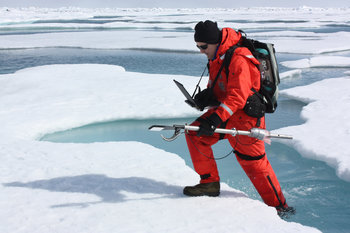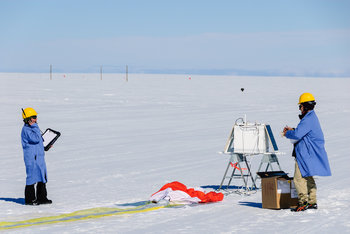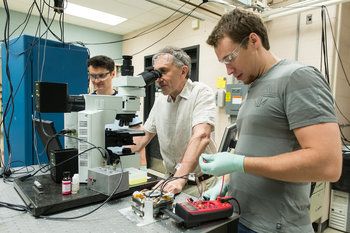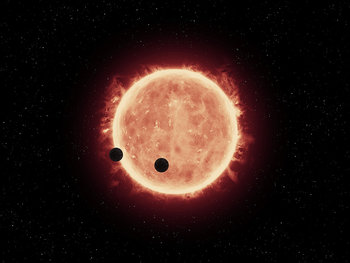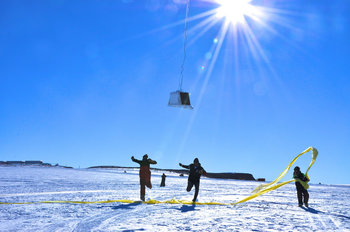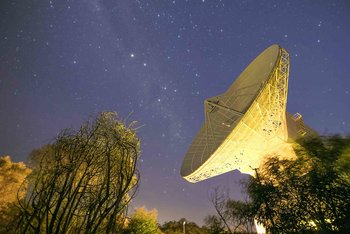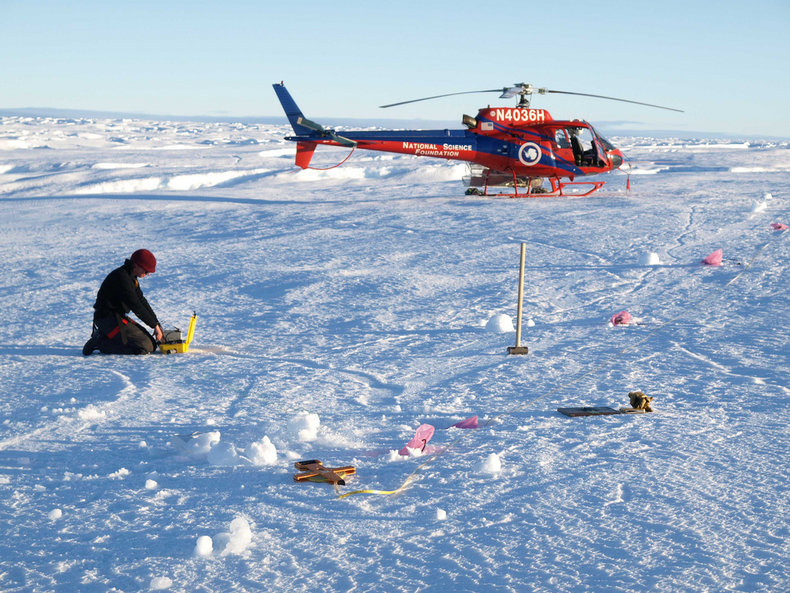
Truth
An observation that corresponds to reality such as an ocean temperature reading at a particular time and place.Falsity
An observation that indicates that a statement or hypothesis is incorrect. For example, a temperature reading that disproves the statement that "Lake Superior is always frozen by December".Assertion
A stated assumption that is held as factual for the purposes of a study. Science always depends on assumptions. For example, a geological study that asserts that radioisotope dating is accurate.Brute Fact
A brute fact is an observation that has no scientific explanation. For example, a large sound recorded in the ocean that goes unexplained.Scientific Law
A scientific law is a statement that describes or predicts a set of natural phenomena. For example, a law that predicts that fresh water will freeze at 0 °C or 32 °F under certain conditions. A scientific law does not explain a phenomenon but simply describes or predicts it.Scientific Theory
A scientific theory is an explanation of an aspect of the natural world that has been rigorously tested and validated in accordance with the scientific method. A scientific theory may be based on a large number of scientific facts and scientific laws. An established scientific theory is a fact based on the common definition of fact as "something that is proven to be true."Common Myths
It is a common myth that scientific theories are "unproven" or "unaccepted" knowledge. Another common myth is the scientific laws are the same as theories except that they have been proven. To be clear, both scientific laws and scientific theories are considered proven and factual as long as they are accepted by the scientific community as such through a process of critical peer review and verification.| Overview: Scientific Fact | ||
Type | ||
Definition | A careful, repeatable, objective and verifiable observation or measurement. | |
Also Known As | ||
Related Concepts | ||




